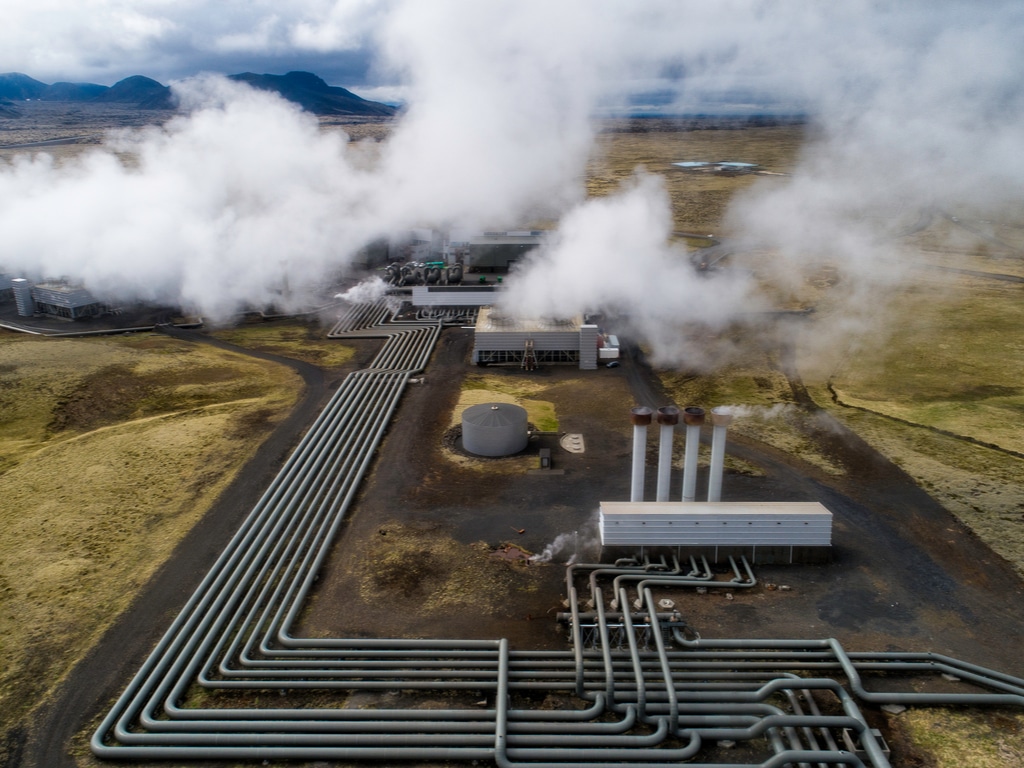The Aluto Langano small geothermal project has taken another step forward. The state-owned Ethiopian Electric Power (EEP) has selected three companies to implement the project in central Ethiopia. These are the Japanese companies Toshiba Energy Systems & Solutions Corporation and Toyota Tsusho Corporation, and the Turkish engineering company Egesim Energy Electro-Mechanic Construction Contracting Co.
The three companies have signed an engineering, procurement and construction (EPC) contract for the geothermal power plant with the state-owned EEP. Under the agreement, Toshiba will provide a small-scale geothermal power generation system consisting of steam turbines. Egesim Energy was responsible for the construction of the Aluto Langano geothermal power plant.
Commissioning is scheduled for 2021
Located in the Ethiopian Rift Valley, the Aluto Langano geothermal site covers an area of 8 km² near the crater of Aluto, a dormant volcano. The site already has a geothermal power plant that began operation in 1998 with a net production capacity of 7.3 MW, but this facility has been shut down since 2018 due to steam-induced corrosion, hydrothermal blockages and steam line leaks.
Some observers attribute this to a lack of operating knowledge by plant personnel. The main challenge for Toshiba, Toyota Tsusho and Egesim Energy will be the construction of a geothermal power plant capable of resisting steam induced corrosion. “We signed a global geothermal energy partnership with EEP in September 2014. On the basis of this memorandum of understanding, we have supported the company in human resource development activities such as training of some of its executives and managers within our company using various support programmes from the Japanese government,” says Toyoaki Fujita, Toshiba’s Business Development Manager.
The Aluto Langano geothermal power plant will be commissioned in August 2021 and will have a capacity of 5 MW. The facility will be operated by Aluto Langano Geothermal Wellhead Power System, a company wholly owned by the Ethiopian state-owned company EEP. The project is being implemented with a grant of more than $17 million from the Japan International Cooperation Agency (JICA).
Jean Marie Takouleu
